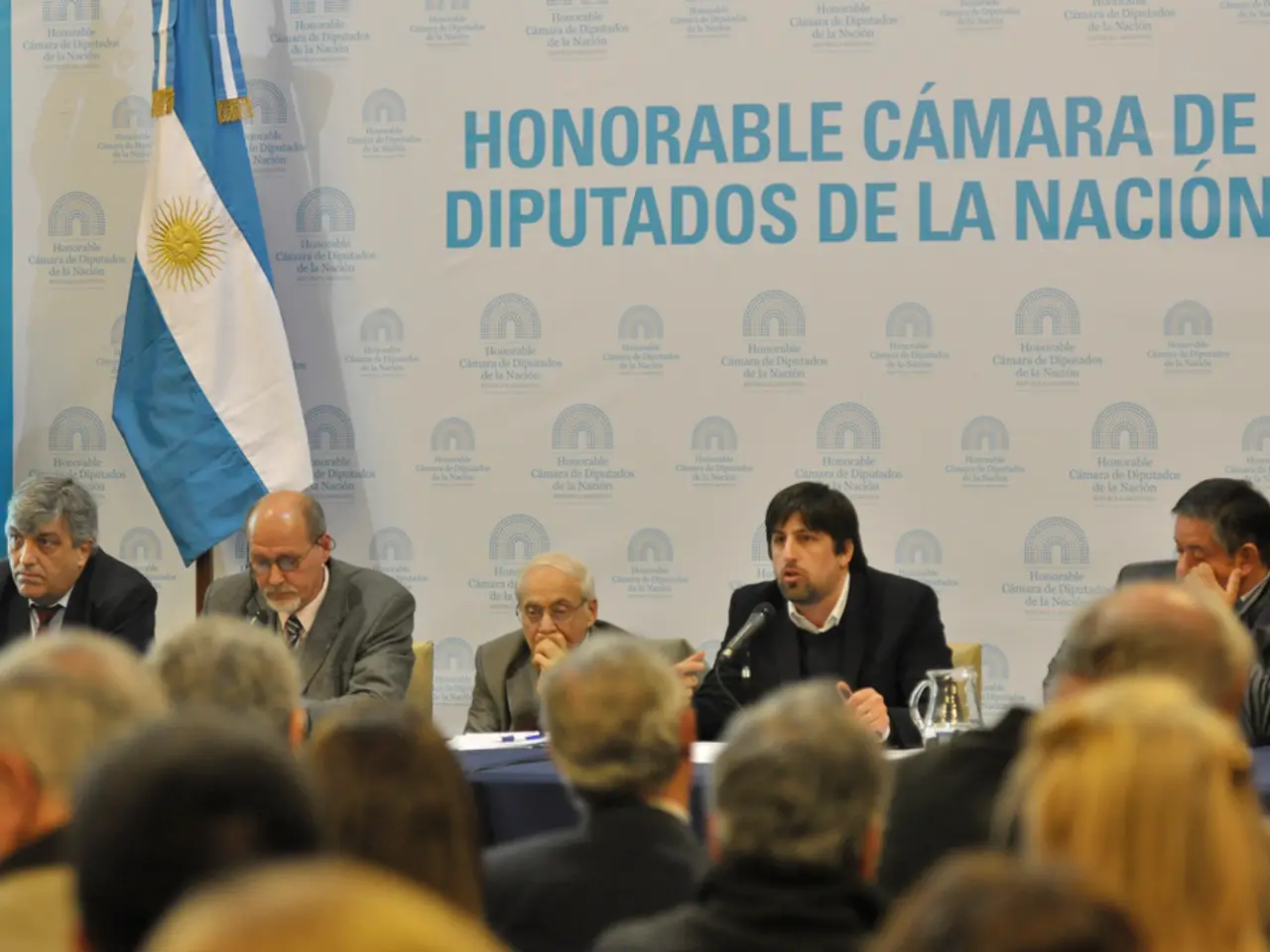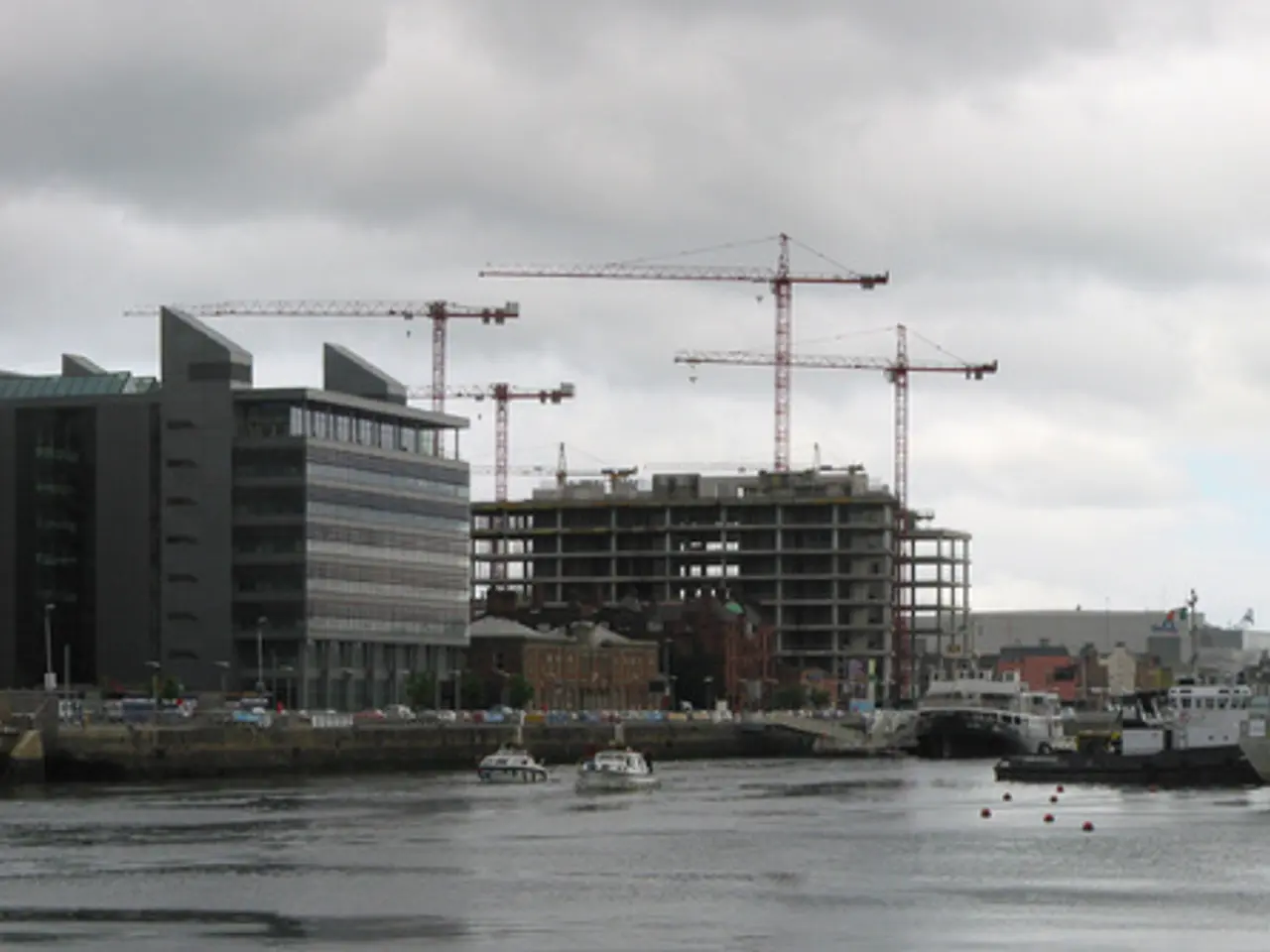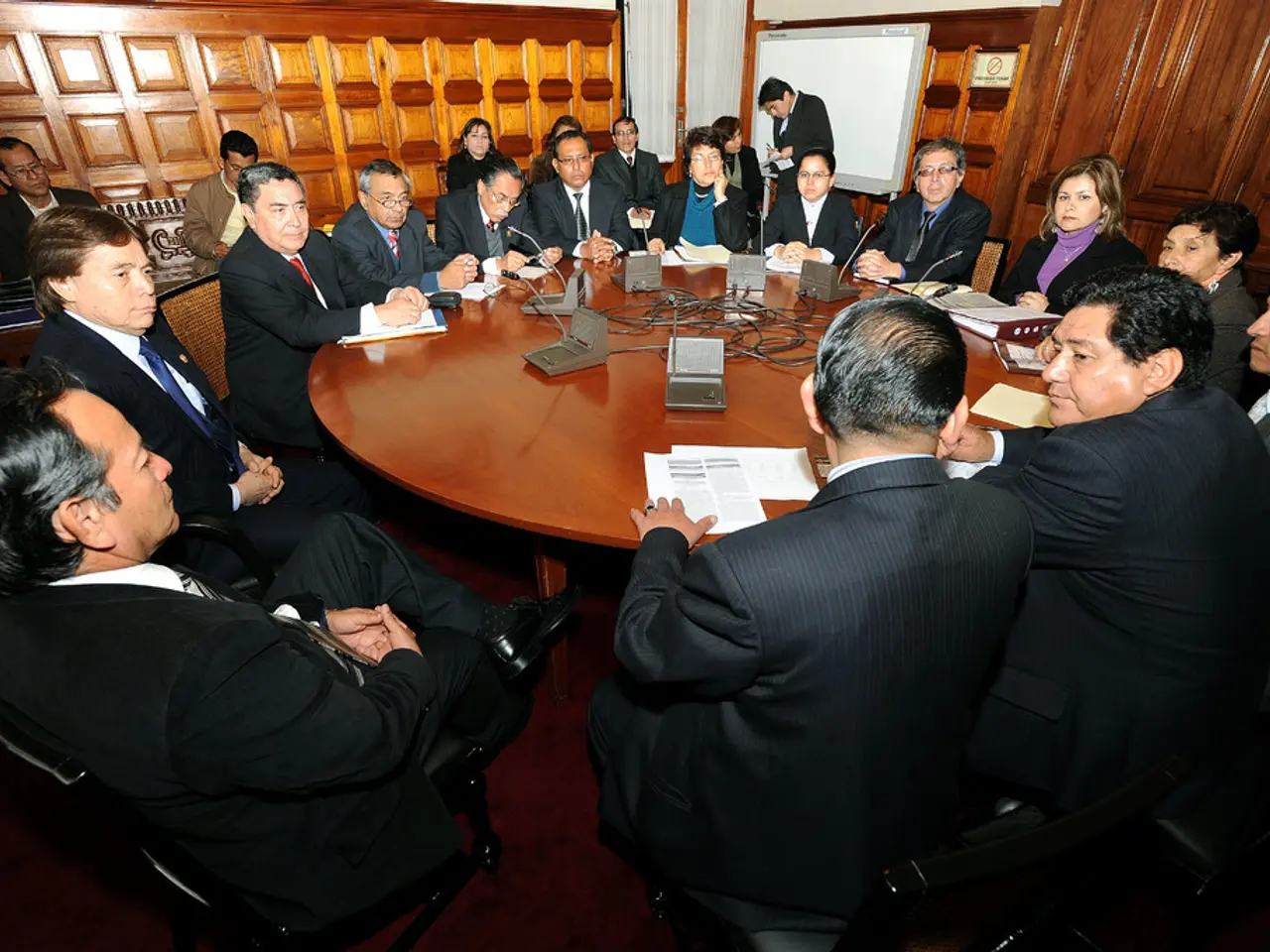Highest Court Clears the Way for Impeachment Investigation Regarding Justice Varma
The Supreme Court of India has reinforced the judiciary's role in safeguarding its institutional credibility while strengthening parliamentary oversight in the case of Justice Yashwant Varma, a judge of the Allahabad High Court [1][2]. This landmark case could influence future debates on judicial ethics and constitutional checks.
Background
The controversy surrounding Justice Varma began in March 2025, when a fire broke out at his official residence at 30 Tughlaq Crescent, New Delhi. Investigations uncovered a significant amount of burnt cash, notably Rs 500 notes, in a storeroom within his premises [1][2][4]. This discovery triggered an in-house inquiry committee, headed by then Chief Justice Sanjiv Khanna, which concluded that there was sufficient cause for impeachment.
Judicial and Parliamentary Developments
Justice Varma challenged the committee’s report and its constitutional validity in the Supreme Court. However, on August 7, 2025, the Supreme Court rejected his petition, stating the in-house committee's recommendation was constitutionally valid, and indicated that his conduct was “not confidence-inspiring” [1][4]. This effectively cleared the path for Parliament to proceed with the impeachment.
Simultaneously, over 145 Members of Parliament (MPs) from both government and opposition parties submitted a notice to Lok Sabha Speaker Om Birla for an impeachment investigation into Justice Varma, citing the recovery of unexplained cash at his residence as grounds for misconduct [1][3][5].
On August 12, 2025, Lok Sabha Speaker Om Birla constituted a three-member committee to probe the allegations. The panel, consisting of Justice Aravind Kumar (Supreme Court), Justice Maninder Mohan (Chief Justice of Madras High Court), and Senior Advocate BV Acharya, will collect evidence, cross-examine witnesses, and submit its findings to the Speaker [3][5].
Criticisms
Justice Varma's defense criticizes the procedure as lacking due process safeguards, alleging the in-house inquiry acted prematurely and unfairly. The judge insists the in-house recommendation oversteps constitutional limits, asserting only Parliament can institute removal proceedings under the Judges (Inquiry) Act of 1968 [2][4].
Next Steps
The parliamentary committee will complete its investigation and submit its findings to the Lok Sabha Speaker. If the committee finds Justice Varma guilty of misconduct, the motion will be debated and voted upon separately in the Lok Sabha and Rajya Sabha. At least a two-thirds majority of members present and voting in both houses must approve the impeachment for Justice Varma’s removal to be effected [3][5].
The coming weeks will reveal whether the process maintains its integrity or succumbs to political turbulence. The Supreme Court on Justice Varma will serve as a defining chapter in the evolving jurisprudence around judicial conduct in India. If successful, it would mark the first time a High Court judge is removed from office through impeachment since independence [1][2][3][4][5].
Several legal experts have proposed amendments to the in-house inquiry system to make it more transparent and standardized. Justice Varma maintains that he had no link to the cash and calls the accusations against him preposterous. The National Judicial Appointments Commission (NJAC) is again being discussed as a possible route for improved oversight. No High Court judge has ever been successfully removed from office since independence, according to data from the Ministry of Law and Justice [1][2][3][4][5].
If both the Lok Sabha and Rajya Sabha pass the motion with a two-thirds majority, the President of India will be constitutionally obligated to issue an order for Justice Varma's removal. The case has paved the way for the potential removal of a High Court judge for the first time in Indian history. If the committee finds proof of "proved misbehavior or incapacity," the findings will be tabled before Parliament, leading to a voting process.
- The ongoing impeachment process of Justice Yashwant Varma, following the discovery of unexplained cash at his residence and subsequent in-house inquiry and parliamentary investigation, is significant as it unfolds in the realm of policy-and-legislation, specifically the Judges (Inquiry) Act of 1968 and the constitutional limits of judicial oversight.
- This general-news event, with its political undertones, not only underscores the complexities of the Indian judicial system but also raises questions about transparency and due process in the in-house inquiry system, sparking debates on potential amendments and alternative mechanisms such as the National Judicial Appointments Commission (NJAC).







